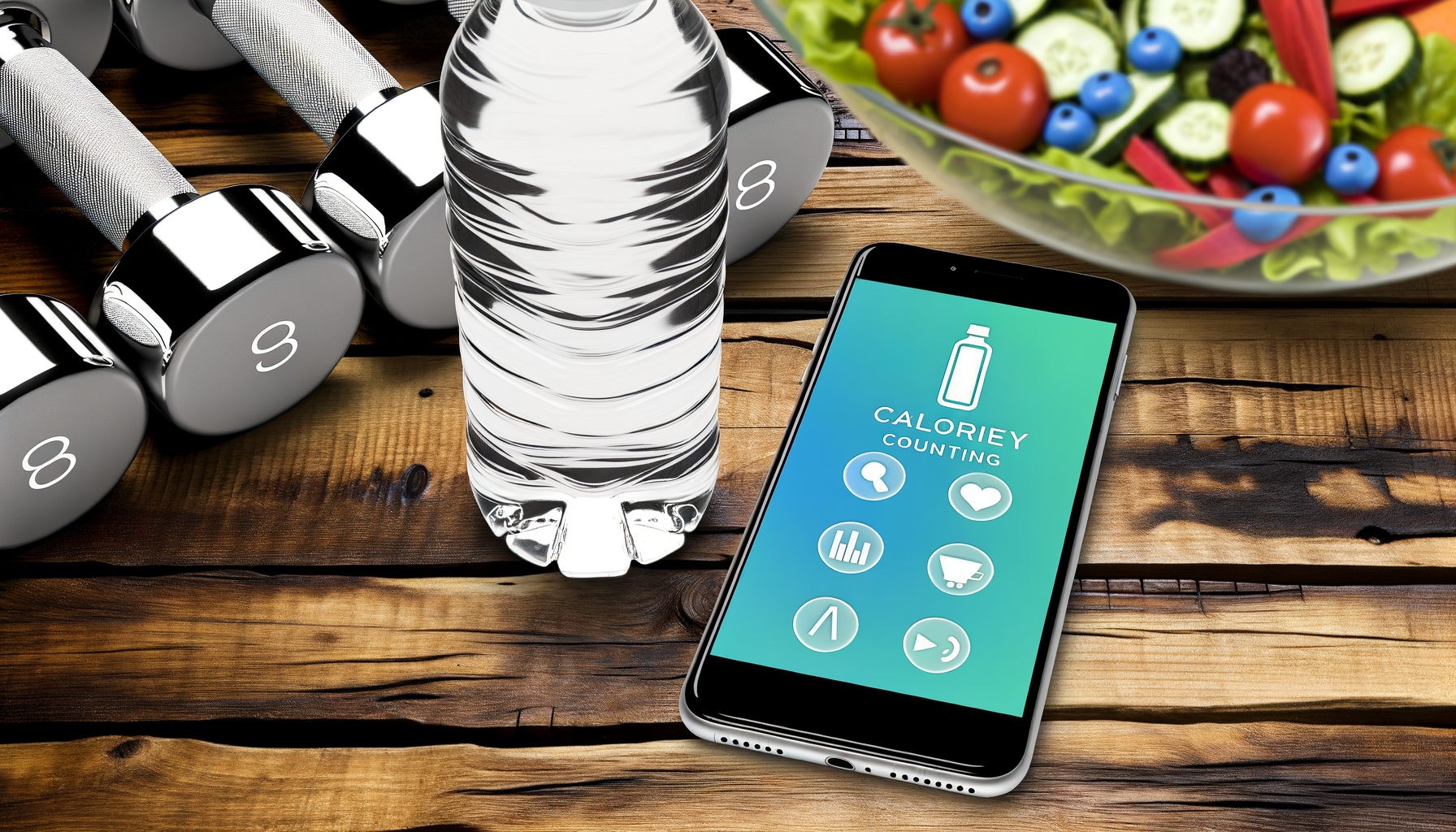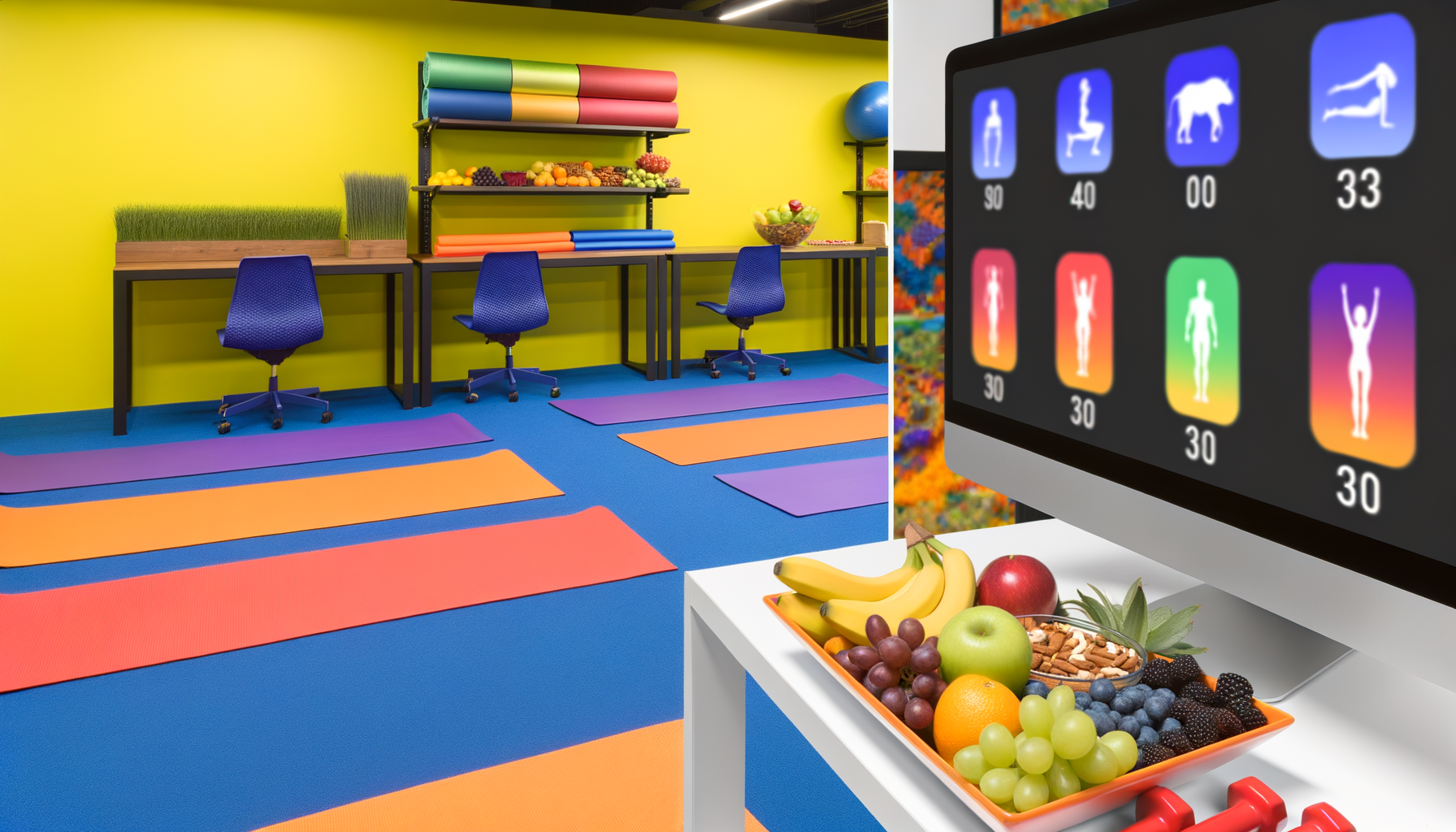The Benefits of Calorie Awareness in Youth Fitness Programs
Empowering Young Athletes: The Crucial Role of Calorie Awareness
Calorie awareness is a fundamental aspect of youth fitness programs, playing a critical role in the health, performance, and long-term well-being of young athletes. Understanding the balance between calorie intake and expenditure is essential for maintaining a healthy weight, supporting growth and development, and optimizing athletic performance. In this article, we will delve into the benefits of calorie awareness in youth fitness programs and provide actionable insights for parents, coaches, and young athletes themselves.
Calorie Balance and Weight Management
Calorie balance is the cornerstone of weight management. It refers to the relationship between the calories consumed from foods and beverages and the calories expended through metabolic processes and physical activity. For young athletes, achieving and sustaining a healthy body weight is vital for both performance and overall health. Consuming more calories than expended leads to weight gain, while consuming fewer calories than expended results in weight loss. This balance is particularly important during adolescence, a period of significant physical development and growth.
Nutrition Education for Young Athletes
Nutrition education is a critical component of youth fitness programs. Young athletes need to understand that their food intake must include enough calories to fuel their activity level and support growth and development. For example, active teenage boys require approximately 2,600 to 3,200 calories per day, while active teenage girls need around 2,200 to 2,400 calories daily. Quality calories should come from nutrient-dense foods such as fruits, vegetables, whole-grain breads and cereals, low-fat dairy, lean protein foods, and heart-healthy fats.
Teaching healthy eating habits early on can have a lasting impact. Parents and coaches can involve young athletes in meal planning and preparation, model healthy eating habits, and limit screen time during meals. Encouraging family meals and explaining moderation for foods with lower nutritional values are also effective strategies. Resources like MyPlate.gov can provide valuable guidance on healthy eating patterns.
Physical Activity and Calorie Expenditure
Physical activity is the other side of the calorie balance equation. Regular participation in physical activity helps young athletes maintain a healthy weight and prevents excess weight gain. The 2008 Physical Activity Guidelines for Americans recommend at least 150 minutes of moderate-intensity aerobic activity per week for adults, but similar guidelines for adolescents emphasize the importance of regular physical activity tailored to their age and activity level.
For young athletes, physical activity not only aids in weight management but also provides numerous health benefits, including improved cardiovascular health, reduced risk of chronic diseases, and enhanced mental well-being. Encouraging active pursuits over sedentary behaviors is crucial, as excessive screen time is associated with overweight and obesity in children and adolescents.
Case Studies and Real-World Examples
A study on taekwondo practitioners illustrates the impact of calorie restriction on physical performance. Athletes who followed a diet with a 30-40% calorie restriction for one month showed improvements in physical performance and energy efficiency, highlighting the importance of careful calorie management in athletic training.
In the context of youth sports, nutrition plays a pivotal role. For instance, teen athletes participating in fall sports like soccer, football, and basketball require specific nutrition strategies to fuel their activities. This includes consuming carbohydrates for energy, protein for muscle recovery, and healthy fats for overall nutrition.
Tools and Resources for Calorie Awareness
Utilizing tools and resources can enhance calorie awareness among young athletes. For example, the WP Calorie Calculator can help individuals estimate their daily calorie needs based on their activity level, age, and other factors. This tool can be particularly useful for young athletes and their coaches to ensure they are meeting their nutritional requirements.
Additionally, wearable technologies and mobile apps can provide insights into energy expenditure and physical activity levels. However, it is important to choose apps that promote a healthy lifestyle rather than focusing solely on calorie tracking, especially for children and adolescents.
Conclusion and Next Steps
In conclusion, calorie awareness is a vital component of youth fitness programs. By understanding and managing calorie balance, young athletes can optimize their performance, support their growth and development, and maintain good health. Parents, coaches, and young athletes themselves should prioritize nutrition education, encourage regular physical activity, and utilize available tools and resources to foster a healthy relationship with food and exercise.
If you are interested in integrating calorie awareness into your youth fitness program, consider the following steps:
- Consult with a registered dietitian or nutritionist to develop personalized nutrition plans.
- Use tools like the WP Calorie Calculator to estimate calorie needs.
- Encourage healthy eating habits and regular physical activity.
- Choose apps and resources that promote a balanced lifestyle rather than strict calorie tracking.
By taking these steps, you can empower young athletes to make informed choices about their nutrition and physical activity, setting them up for long-term health and success.











